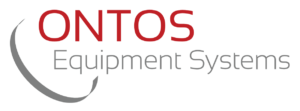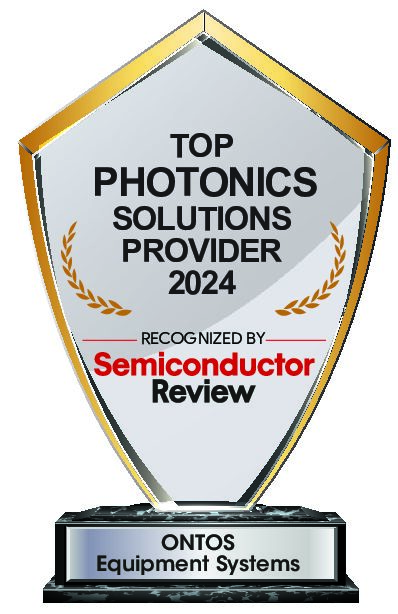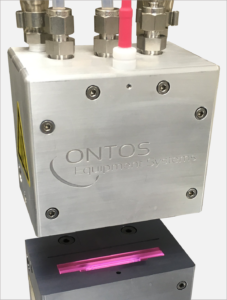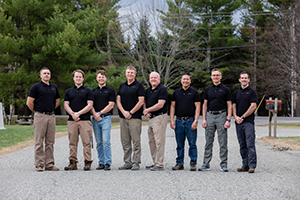Advantages of ONTOS atmospheric plasma over vacuum plasma
- Eliminates the need for expensive vacuum plasma equipment,
- Speeds up process throughput from 30 minutes to around 1-3 minutes per
wafer; smaller die in seconds. - Eliminates the potential for vacuum plasma damage to the components
due to direct exposure to hot electrons, ions, and high kinetic energy
atoms, - Eliminates the possibility of back-sputtering of unwanted metals and
contaminants from vacuum chamber components onto the substrate
being treated, - Eliminates the possibility of re-deposition of etch products (often as
particles) back onto the substrate being treated, - Capable of continuous-feed processing vs. batch processing in a chamber,
- Eliminates expensive and time-consuming maintenance requirements of
vacuum systems, - The traditional RIE cleaning method
only removes oxidation from the metallic contacts very temporarily, since
the oxide re-grows rapidly when exposed to air after the chamber is
vented. If subsequent processes cannot be performed in a very short
period of time, and/or if the process is performed at elevated
temperature, the re-grown oxide inhibits contact to metallic surfaces.
Ontos is capable of passivating metal surfaces against re-oxidation for
hours. - Note: Inexpensive (roughing pump only) vacuum plasma ashing systems
are not suitable for removing oxides with reducing chemistries, because
they cannot pump out enough oxygen from the chamber to allow the
reducing chemistry to act on the surface of your chips. In comparison, the
Ontos7 Atmospheric Plasma system uses a directed flow of process gas in
the reaction zone to ensure zero Oxygen in the reaction zone.
Advantages of ONTOS over other atmospheric plasma systems
- Most atmospheric plasma systems employ “Corona Discharge” or “Plasma
Torch” technology.- Corona Discharge AP systems are like a lightning storm next to your wafer.
They are well-known to cause severe damage to CMOS and other sensitive
devices. Typically used on textiles and plastics to make them receptive to
dyes, paints, and adhesives. Sputtered electrode metal will contaminate
sensitive semiconductor substrates. - Plasma Torch AP systems run at extremely high downstream temperatures –
typically 1000’s of degrees C. Good for welding; not so good for atomic layer
surface treatment.
- Corona Discharge AP systems are like a lightning storm next to your wafer.
- Ontos is a “Dielectric Barrier Glow Discharge” plasma. This is a low-temperature plasma, which is 100% confined within the head, and never
comes in contact with the substrate.- All of the reactive chemistry is accomplished in the remote downstream radicals from the plasma. No ions, no hot electrons, no bombardment.
- The Ontos plasma cavity is designed for both reducing chemistry and oxidizing chemistry.
- Our singular competitor in Glow Discharge plasma has designed the
interior of their plasma head to be compatible only with Oxygen or inert
chemistries. Reducing chemistries (Hydrogen-containing) will quickly
consume the internal thin-film dielectrics, and the plasma head will begin
to arc. Ontos employs pure quartz dielectric for zero arcing and spalling.- This competitor is concentrated in treating polymers for improved adhesion, and has near-zero experience with semiconductor applications. This shows in their designs and results.
- The competitor’s plasma head and match network have very narrow operating range of power, gas flow, gas composition. Ontos is extremely stable over a
broad range of operating parameters.
- Ontos was specifically designed for the semiconductor industry by semiconductor experts
- 130 years of combined experience in semiconductor processing



